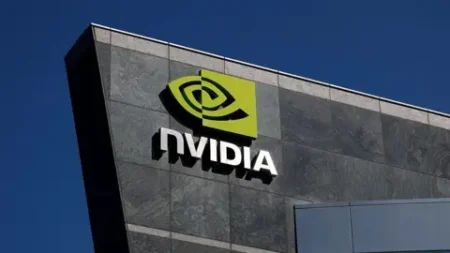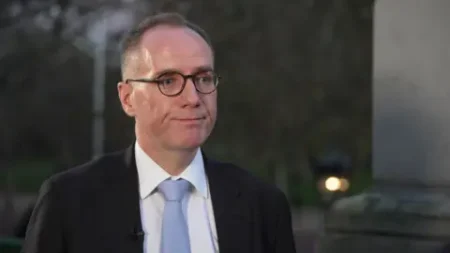The world of social media has faced numerous challenges in recent years, and Instagram, a platform owned by Meta, has recently come under fire for its handling of account suspensions related to child sexual exploitation. Reports have surfaced of numerous users mistakenly accused of breaching these stringent rules, leading to an alarming number of wrongful bans. Many individuals have found themselves facing severe repercussions, including emotional distress and economic losses, as they contend with the aftermath of these erroneous accusations.
One notable issue is highlighted through the experiences of various affected users. For example, individuals like David, a resident of Aberdeen, Scotland, encountered a particularly frustrating journey when he found his Instagram account suspended after being deemed in violation of Meta’s community standards concerning child exploitation. Despite his prompt appeal, David faced a permanent account disabling. The emotional toll of such accusations is profound; as he described, “I’ve lost endless hours of sleep, felt isolated. It’s been horrible.” His situation is not an isolated incident, as over 100 users have reached out to the BBC, sharing stories of wrongful bans that led not only to lost access to cherished memories but also to diminished earning potential for business accounts.
This phenomenon has caught the attention of many, with a petition already gathering over 27,000 signatures. Users assert that the algorithms employed by Meta’s artificial intelligence (AI) systems are largely responsible for these erroneous bans. They argue that the appeal processes lack effectiveness, urging Meta to take stricter measures to prevent such situations from recurring. Reddit forums devoted to this topic have sprouted, showcasing user experiences and frustrations as they deal with abrupt account suspensions.
The repercussions of these bans extend beyond emotional distress; users have reported significant loss of earnings due to inaccessible business pages, which ties these individual experiences to the broader conversation about how social media regulations impact economic opportunities. An overarching sentiment among users is that their professional and personal identities have been compromised through the negligence of automated systems designed to safeguard against real threats.
Moreover, another individual, Faisal from London, shared a similar disheartening narrative. His Instagram account was suspended just as he was beginning his creative career and earning money through commissions. The impact on his mental health has been severe, as he described experiencing isolation and stress related to being falsely accused of a crime. The inconsistency of Meta’s responses raises concerns; several users, including Faisal and David, had their accounts reinstated shortly after their cases came to light, suggesting a troubling pattern in how Meta manages such situations.
In addition, Salim, another user who endured a wrongful suspension, chose to speak to the media in hopes of shedding light on the ineffectiveness of the appeal process. He noted that the AI tools employed by Meta were recklessly labeling ordinary individuals as potential abusers, which is deeply alarming.
Interestingly, Meta’s recognition of these issues has been limited. Although it has previously acknowledged problems within its Facebook Groups, the company has largely downplayed the situation across its platforms. In a notable instance, one South Korean lawmaker communicated that Meta had conceded to the possibility of wrongful suspensions within her jurisdiction, casting doubt on the effectiveness of its moderation strategies globally.
Experts like Dr. Carolina Are, a social media researcher, attribute the possible root cause of these issues to modifications within Meta’s community guidelines and ineffective appeal processes. There remains a cloud of uncertainty regarding the particulars of algorithm failures that lead to false accounts being banned, coupled with a lack of transparency from Meta on how these automated systems operate.
In conclusion, the troubling instances of wrongful bans on Instagram shine a light on the complexities of moderating online platforms. They provoke critical discussions around the balance of maintaining safety and ensuring users are not harshly penalized without fair processes in place. As technology progresses, the need for accountability and clarity from social media giants like Meta grows ever more urgent. In a space designed for connection, the heavy burden of false accusations can disrupt lives and damage reputations beyond repair.











